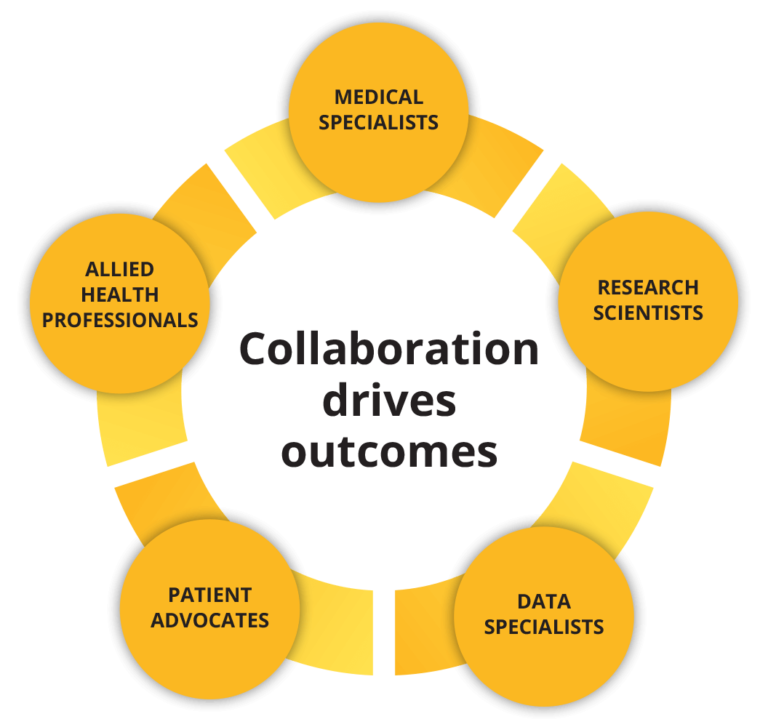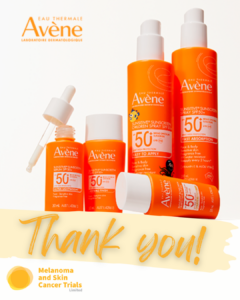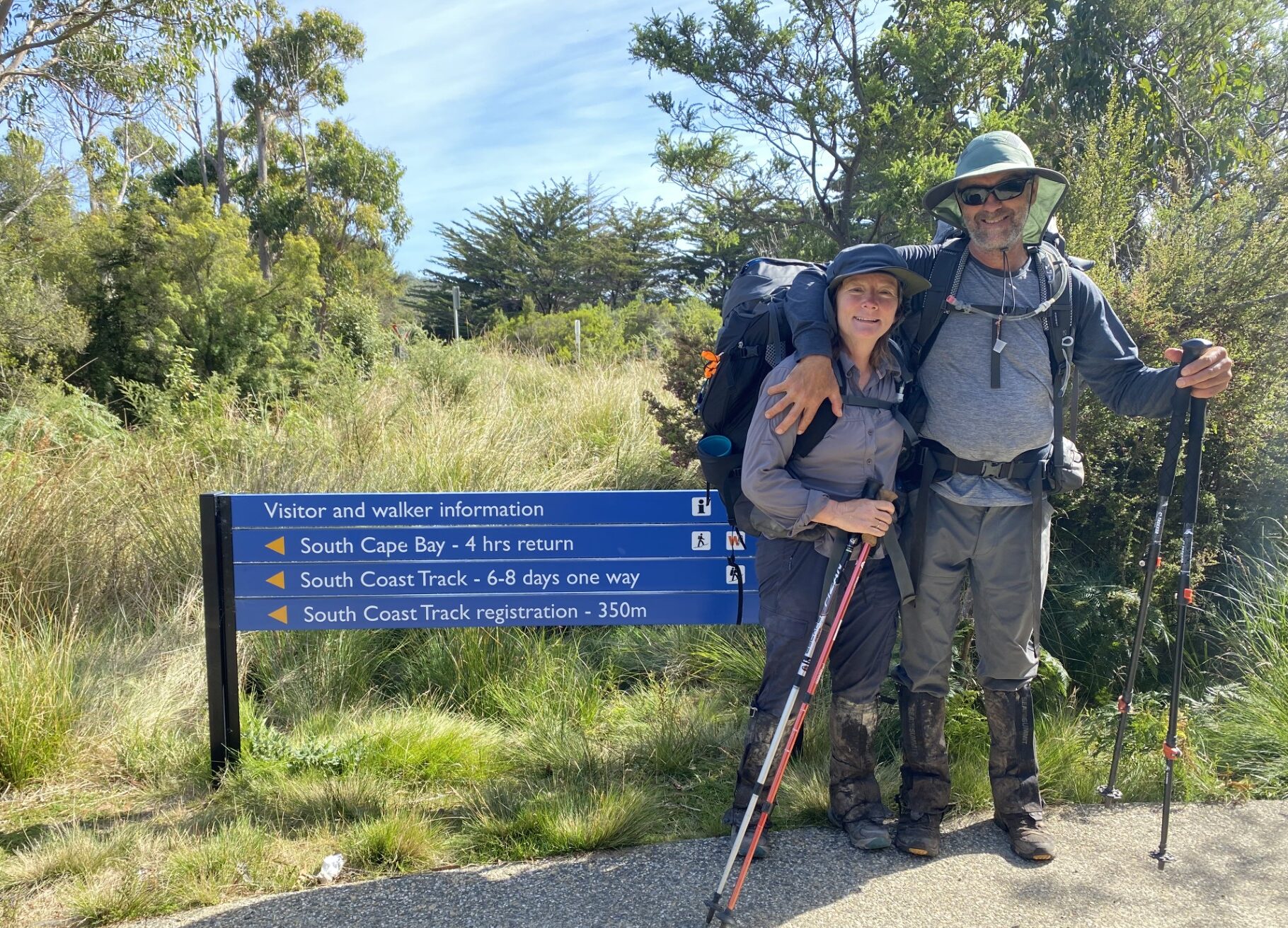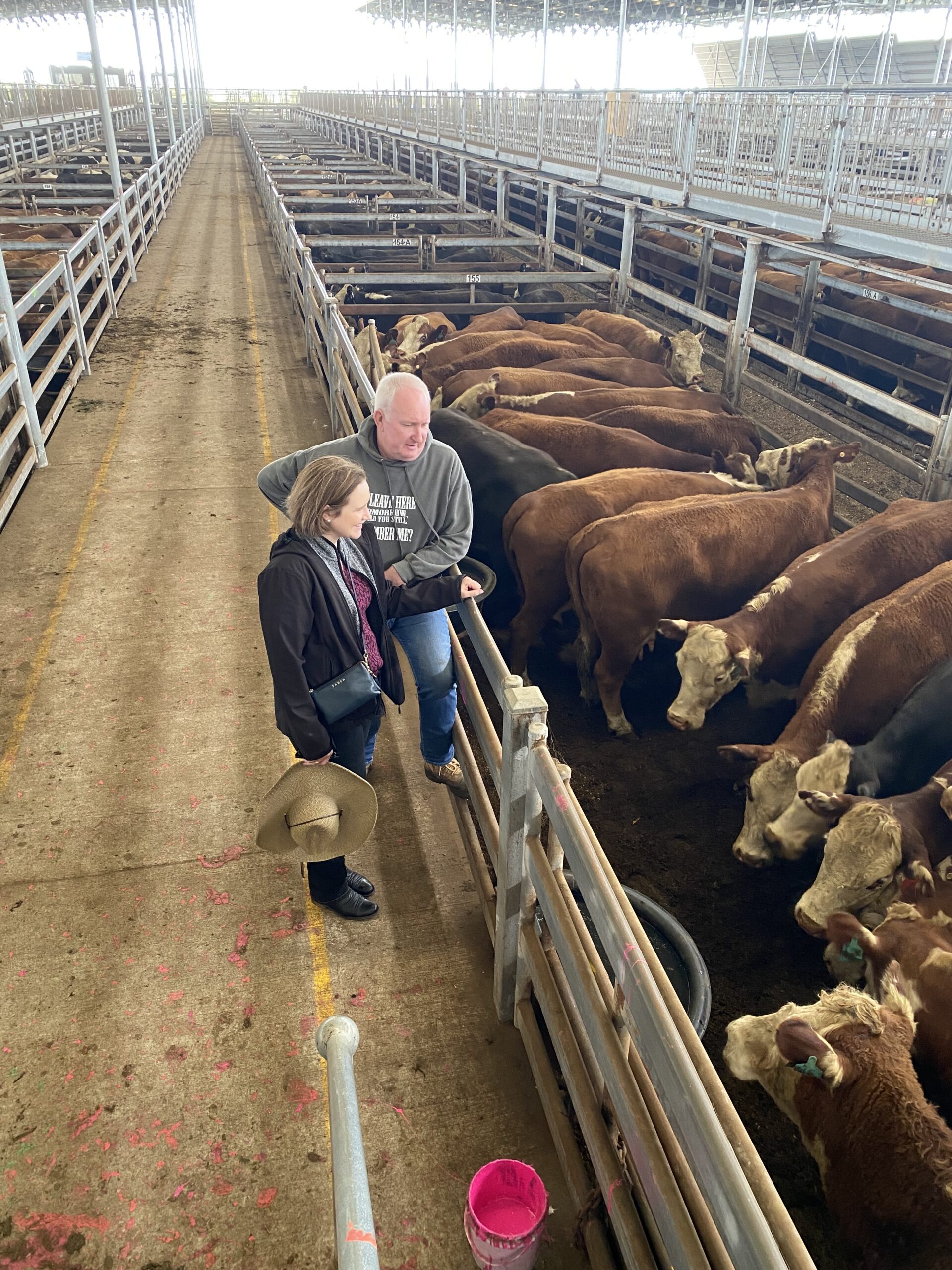Conquering melanoma and skin cancer
Melanoma and Skin Cancer Trials specialises in investigator-initiated melanoma and skin cancer research.
We work collaboratively with world-leading researchers to deliver clinical trials that improve melanoma and skin cancer outcomes.
Since 1999, we have delivered melanoma and skin cancer clinical trials
Trials
Investigators
Worldwide
Countries
Patients
Enrolled
Donate to conquer melanoma and skin cancer
Every year, 18,000+ Australians are diagnosed with invasive melanoma and over 1,400 Australians will lose their life to this deadly cancer that can affect young and old.
Please donate today and help us conquer melanoma and skin cancer through clinical trials.
What We Do
Melanoma and Skin Cancer Trials Ltd works with world-leading researchers to deliver clinical trials that improve melanoma and skin cancer outcomes. We are the only independent, not-for-profit, multi-site, collaborative clinical trials group focused on melanoma and skin cancer in Australia and New Zealand.
From early engagement with consumers and researchers to develop research concepts, through to the publication of results, we work cooperatively to provide a range of clinical trial services.

LATEST NEWS

Recognising TrialHub’s five-year impact
TrialHub celebrates five years of increasing access to trials for underserved populations including individuals diagnosed with melanoma, rare cancers and those living in outer metropolitan, regional, rural and remote areas.

IMAGE trial achieves follow-up milestone
We are proud to announce the successful completion of 24-months of follow-up for the IMAGE trial, a landmark study evaluating the role of Melanoma Surveillance Photography (MSP) in improving early detection of melanoma among high and ultra-high-risk patients.

Avéne raise nearly $39K to support impactful clinical trials led by Melanoma and Skin Cancer Trials
Leading skin care brand Avène has raised nearly $39,000 to support clinical trials led by Melanoma and Skin Cancer Trials.






